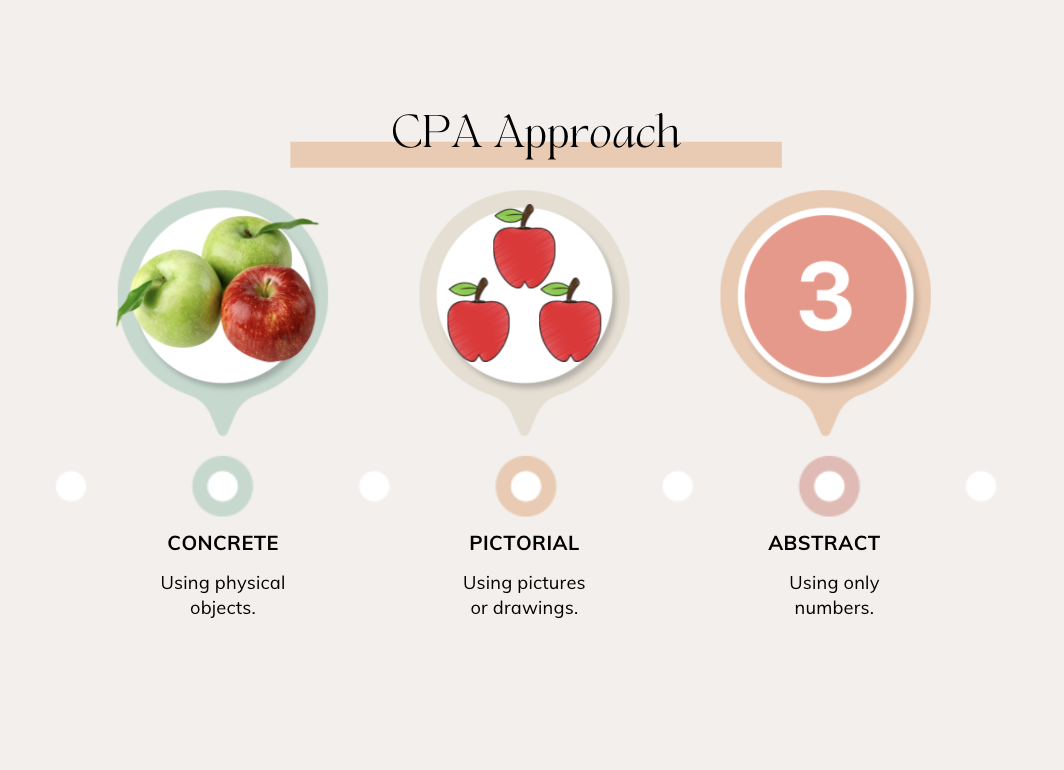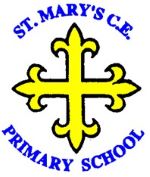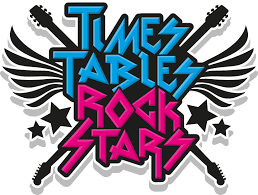Maths
Mathematics plays a key role in a child’s development. Very young children are naturally curious, noticing differences in quantity and the shape of objects, and use early mathematical concepts when they play. Mathematical understanding helps children make sense of the world around them, interpret situations, and solve problems in everyday life, whether that’s understanding time, sharing objects with their peers, or counting in play. Our children begin their maths journey within the Early Years Foundation Stage (Reception Class) and as they move through the different age phases, we continue to apply these principles to provide a high quality maths curriculum that enables all pupils to attain a sound understanding of mathematics. The skills the children learn at school help them with everyday life.
Each year group focuses on various units of work which includes key concepts of maths knowledge. The aims are to ensure that all children:
- become fluent in the fundamentals of mathematics, including through varied and frequent practice with increasingly complex problems over time, so that pupils develop conceptual understanding and the ability to recall and apply knowledge rapidly and accurately.
- reason mathematically by following a line of enquiry, conjecturing relationships and generalisations, and developing an argument, justification or proof using mathematical language
- can solve problems by applying their mathematics to a variety of routine and nonroutine problems with increasing sophistication, including breaking down problems into a series of simpler steps and persevering in seeking solutions.
Dedicated time is timetabled to focus on mathematics each day. Teachers use the White Rose Maths in daily lessons and also to set pre-quizzes and post quizzes. These assessments provide teachers with information about what pupils do and do not know to build upon pupils’ existing knowledge and understanding, inform the planning of future lessons and is the focus of targeted support. White Rose is supplemented with Build-a-sequence. Build a sequence is available for teachers to use whenever required and helps to develop reasoning and problem solving skills
In lessons, manipulatives (physical objects) and representations (such as number lines and graphs) are used to encourage discussions and teach a specific concept. These manipulatives act as a ‘scaffold’, and support the concrete-pictorial-abstract approach towards independence.
The CPA (Concrete, Pictorial, Abstract) approach, is a highly effective approach to teaching that develops a deep and sustainable understanding of maths in pupils. CPA was developed by American psychologist Jerome Bruner. It is an essential technique within the Singapore method of teaching maths for mastery.

White Rose maths offer free workbooks for parents to enjoy completing maths together. These can be downloaded following this link https://whiteroseeducation.com/parent-pupil-resources/maths/free-downloads.



